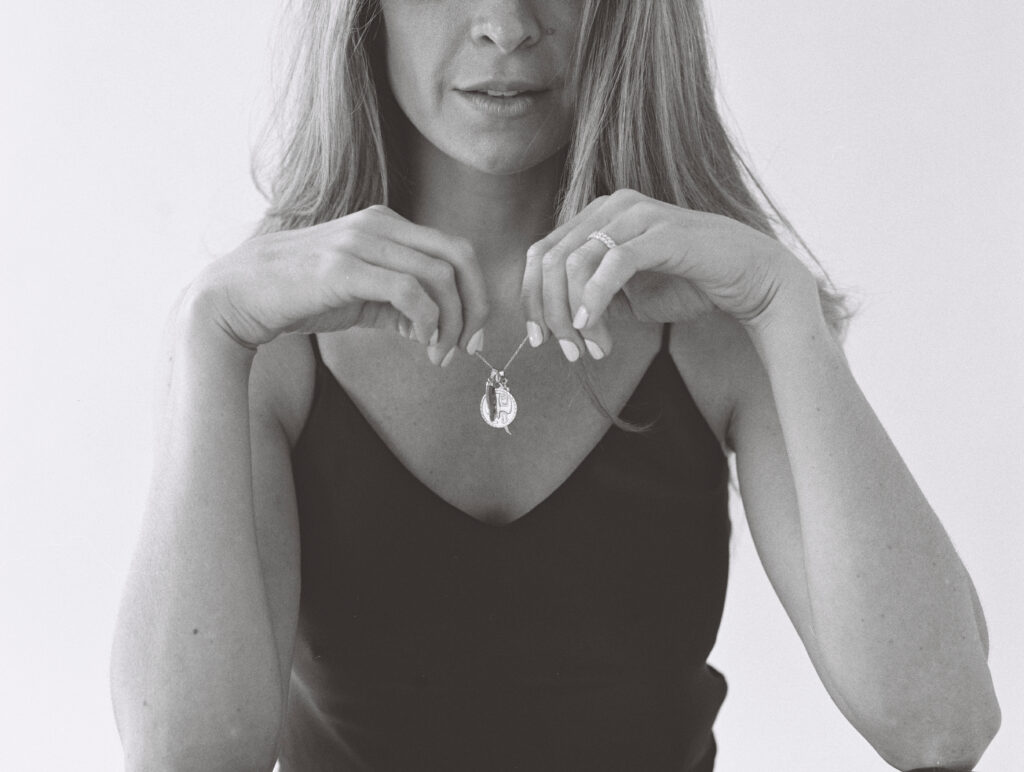Hormones Control Everything: 3 Things I Learned from This Week’s Interview
January 22, 2023
It’s something almost any woman knows innately: Hormones (seem to) control everything.
From our fertility to our moods to our overall health, hormones are inextricably linked to so many systems and processes in our bodies, it’s crazy.
This past week I sat down with integrative registered dietician and the founder of Functional Fueling, Lauren Papanos, to talk all things hormones to kick off the new year. Here are three things I learned that I think will be helpful to you, too.

Hormones Control Everything: 3 Things I Learned from This Week’s Interview
1: There are way more than just sex hormones in the body
When you think hormones, you might automatically think estrogen or progesterone. These are important pieces of the hormone puzzle for sure, but far from all of them.
Says Lauren, “It’s not just our sex or reproductive hormones. I think a lot of times when we say the word hormone, we think of estrogen or you think of testosterone. Those are hormones, but we also have adrenal hormones. And those are responsible for stress hormone production–things like cortisol, adrenaline, but we also make different types of androgen hormones, things that are similar to testosterone.
“Then you’ve also got thyroid hormones, like you’ve mentioned, which those regulate every growth process in the body, really. And then you also have hunger hormones. And those regulate our fullness and our satiety hunger on a daily basis.”
2: You can test your hormone levels with many different panels, but it will be unique to you
My doctor uses a saliva panel (ZRT or the Dutch Test) combined with bloodwork to measure my hormone levels. It’s a formula that works for me, but Lauren says since there are other tests that reveal different parts of your overall health, other people might need a different prescription.
“I’m always going to do that testing … to identify the root cause of those imbalances. And that’s going to look different for everyone based off of my assessment of what the issue could be. And sometimes for people that’s doing a GI map, which is a stool test, where we’re looking at microbial imbalance, the microbiome, digestion and absorption pathogens in the gut.
“[Other times] it’s testing for things like heavy metals and molds or other environmental chemicals, if I suspect that that’s a potential issue at play. Other times it’s doing a full vitamin and nutrient panel, where we’re looking at cellular status of are there deficiencies, do we not have enough of these vitamins and minerals that are helping us make hormones and convert them?”
So the first and most important step is finding a doctor, medical provider or expert you trust, who can figure out what your personal testing panel should look like.
3: You can’t balance your hormones with food alone
It sounds too good to be true, right? And, Lauren says, it is.
While she says food choices can play an incredibly strong and necessary role in overall hormone balance, Lauren also says you shouldn’t count on a shift in diet alone being able to fully fix things–not at least in most cases.
“[If] something like broccoli, for example, alone is going to be capable of balancing your hormones and if that was the case, then broccoli would be the miracle drug and no women would deal with hormone imbalances, right? But it’s a lot more complicated than that.
“Food is going to be the catalyst to be able to facilitate healing. But it’s not just a particular food source; it’s so much more than that. It’s looking at your lifestyle and your needs and saying, How often do you need to eat throughout the day? How should those foods be paired together? How are these foods being absorbed in the body? Also, how are you going into metabolizing these foods digestivel?
“So there’s a lot more complexity that goes into it. Nutrition is capable of playing a really big role. But we have to think about context of all the other factors at play.”
I can’t recommend this episode enough for people who want to get their hormones in check for the new year.
Check it out above, or listen here! And as always, send me a message or reply to this post with a Comment if you need any other good sources. This is the fourth interview I’ve done with an amazing hormone expert, and I’m happy to point you in the direction of some other really great sources on this topic.
© 2022 WGT Designed by leche studio
PRIVACY & TERMS
CONNECT
NAVIGATE
Home
Blog
Work With Me
More From Us
Want to be the first to get the latest updates and news?
About
Podcast
Contact